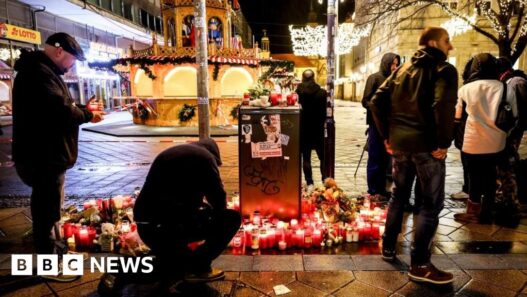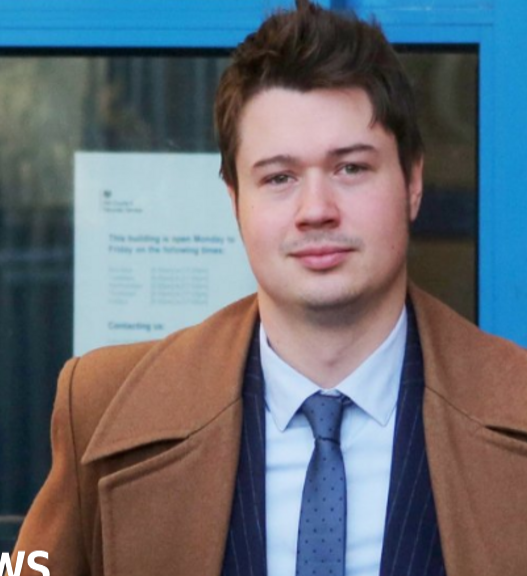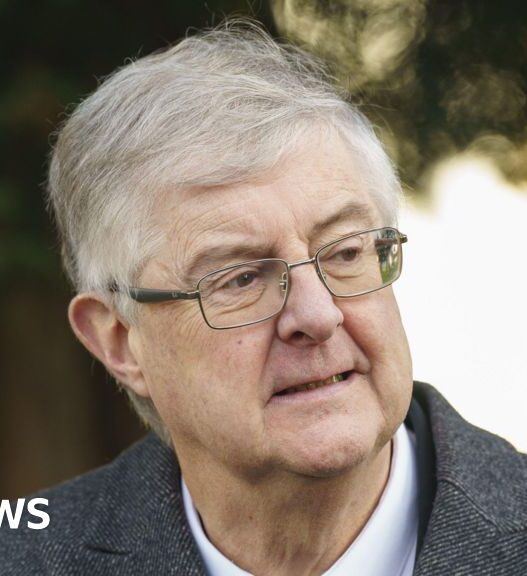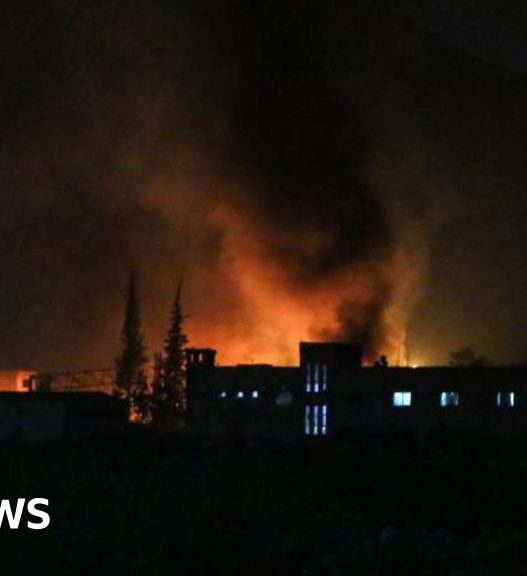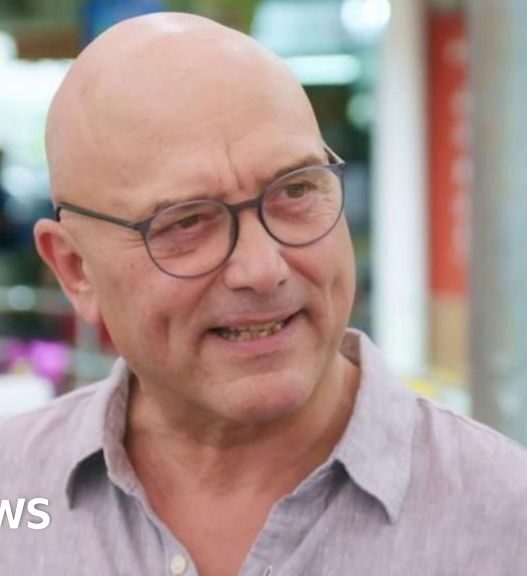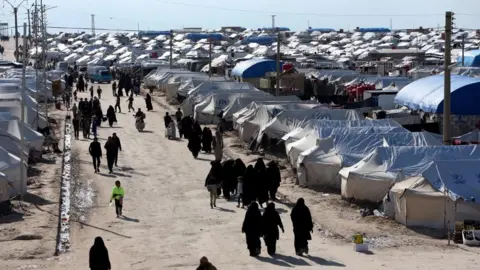 Reuters
ReutersA Home Office minister said any possibility of British jihadists returning from Syria would be “worrying” and that the UK was monitoring the situation “closely”.
Dame Angela Eagle, Minister for Border Security and Asylum, said the Government was monitoring the “extremely volatile” situation in Syria following the overthrow of Bashar al-Assad’s regime.
The majority of foreign fighters detained in Syria are held in Kurdish-controlled camps in the northeast, where there are no rebel factions.
Although there is no indication that the security situation in those camps will change imminently, Dame Angela said that British intelligence services will be “watching closely”.
There are believed to be dozens of British jihadists being held in north-eastern Syria after they were captured while fighting in the ranks of ISIS.
Asked about the prospect of them seeking to return to the UK, alongside the influx of asylum applications from pro-Assad fighters, Dame Angela told BBC Radio 4’s Today programme: “Of course that is a concern, and it is worrying that we are constantly working on that.” .
He added, “It is clear that our security services will monitor such matters, and we communicate and cooperate with our neighbors.”
She also told Times Radio that any potential return of British jihadists would be a “major concern” to the UK.
Rebels led by the armed Islamist group Hay’at Tahrir al-Sham (HTS) have freed detainees from prisons in areas controlled by the former Assad regime that they now control in northwest, central and southern Syria.
But they are not currently operating in northeastern Syria, which is mostly controlled by the U.S.-backed Kurdish-led militia alliance, the Syrian Democratic Forces.
The Syrian Democratic Forces are holding about 10,000 fighters in 26 detention centers, and are also detaining nearly 46,000 people linked to ISIS, most of them women and children, in the Al-Hawl and Roj camps.
BBC security correspondent, Frank Gardner, said that the main danger of jihadists escaping from prisons in northeastern Syria comes from Turkey putting a lot of pressure on the Syrian Kurds who are guarding them, forcing them to abandon them. However, there is no indication that this is the case at the moment.
Gardner added that given the rapidly changing situation in Syria, there is a fundamental risk that ISIS and Al-Qaeda will attempt to take advantage of the confusion and expand their area of operations in northern Syria.
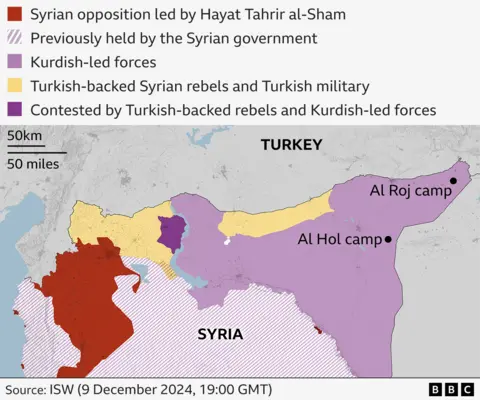
The Turkish government opposes the presence of the Syrian Democratic Forces near its borders because it considers the largest militia in the coalition a terrorist organization. The YPG is an extension of the Kurdistan Workers’ Party (PKK) rebel group fighting in Türkiye.
Turkish-backed opposition factions fighting under the banner of the Syrian National Army and Turkish forces seized control of swaths of territory along the border from the People’s Protection Units and the Syrian Democratic Forces in several attacks during the civil war.
When rebels led by Hay’at Tahrir al-Sham launched the lightning attack that ousted Assad, the Syrian National Army launched a separate attack on SDF-controlled areas north of Aleppo city. So far, they have managed to push the Syrian Democratic Forces out of Tal Rifaat and Manbij, and the Syrian Kurds fear that more areas they control will be attacked.
In the days following the collapse of Assad’s government, the United States carried out air strikes against Islamic State targets in central Syria, where the group still has a limited presence.
The Prime Minister’s official spokesman said that jihadists being held in camps in Syria were a “key focus for the UK”.
He added: “We are working with the United States and our allies to monitor the situation on the ground.”
Among the high-profile cases of British residents who left the UK to join jihadists in Syria is Shamima Begum, who traveled from London aged 15 to support the group in 2015.
Begum had her British citizenship revoked in 2019, leaving her unable to return to the UK.
The 24-year-old is being held in a camp in northern Syria. She lost her final court appeal in the UK challenging the withdrawal of her citizenship In August.
Asked specifically about the Begum case on BBC Breakfast, Dame Angela said: “I don’t have any thoughts I can share publicly.
“The courts have decided that she has no right to return as is. She has lawyers who are entitled to continue filing claims.”
The UK announced on Monday that it would temporarily halt decisions on ongoing asylum claims by Syrians seeking to flee the Assad regime and settle in the UK.
Dame Angela told BBC Breakfast that there was “no basis for a decision” on the allegations because the country is “in the midst of change”.
She added: “The vast majority of Syrians who arrived and sought asylum in the past few years fled the Assad regime, which has now collapsed and gone.”
In response to a question about the more than 5,000 Syrians who are in the UK awaiting an asylum decision, Dame Angela said today: “We cannot make decisions on these cases.”
She added that the UK does not plan to deport people to Syria because the situation in the country is very “volatile”.
“Countries must be safe and judged safe by our procedures before we can consider returning,” she said.
Although the future relationship between the West and Hay’at Tahrir al-Sham, the group leading the Syrian rebel coalition, remains unclear, the decision on whether the UK considers Syria a safe place to return is a complex diplomatic call.
Declaring Syria a safe country would be a time-consuming process and would likely require some form of relationship with the new Syrian leadership, which does not currently exist.
The UK government appears to be ruling out granting Syrians limited-term leave to remain, meaning those awaiting decisions are likely to continue to stay in expensive asylum accommodation until the situation in the Middle East becomes clearer.
Additional reporting by political correspondent Jack Fenwick








